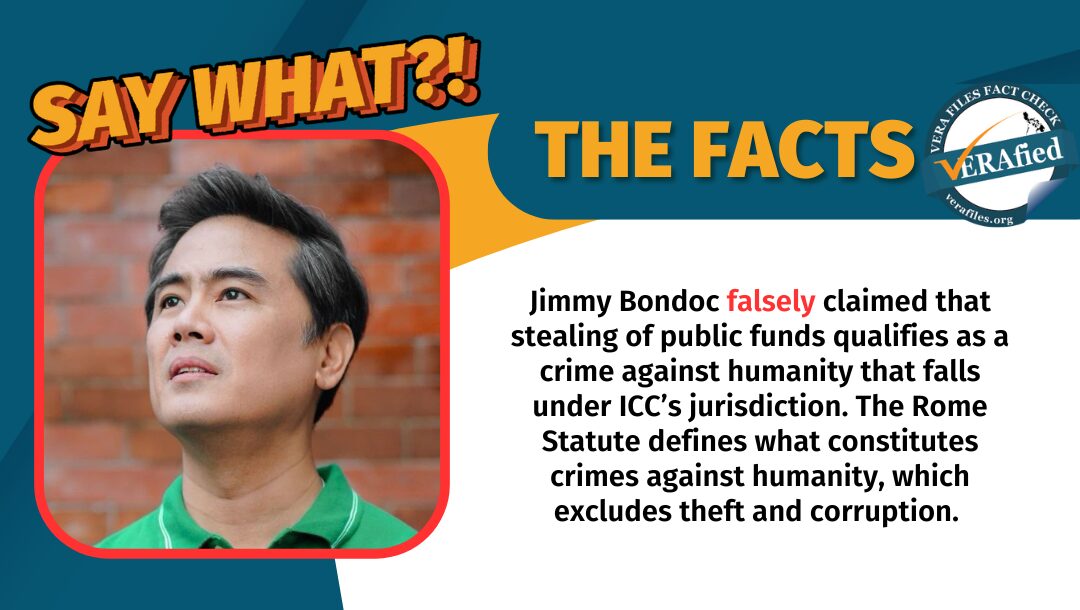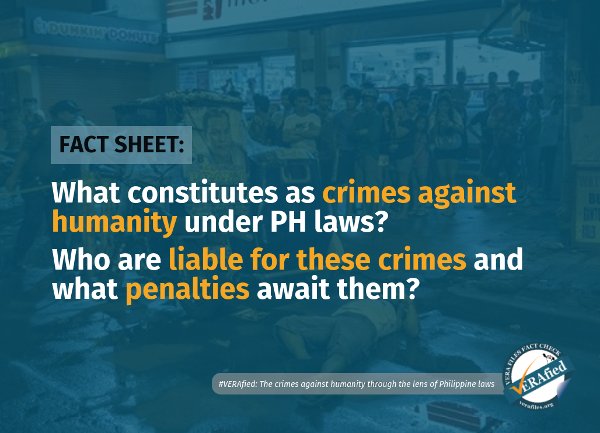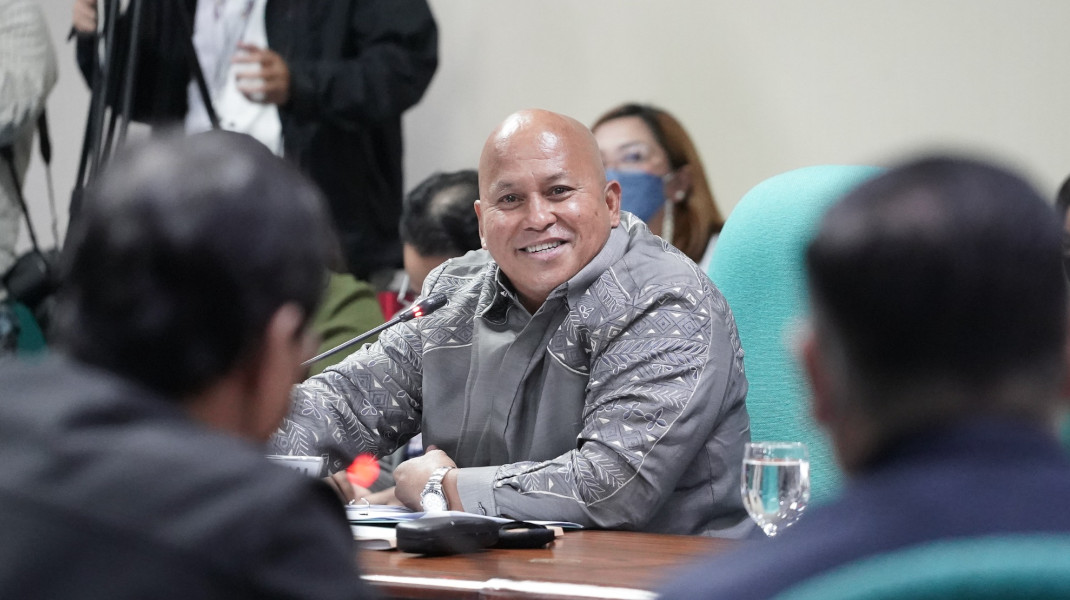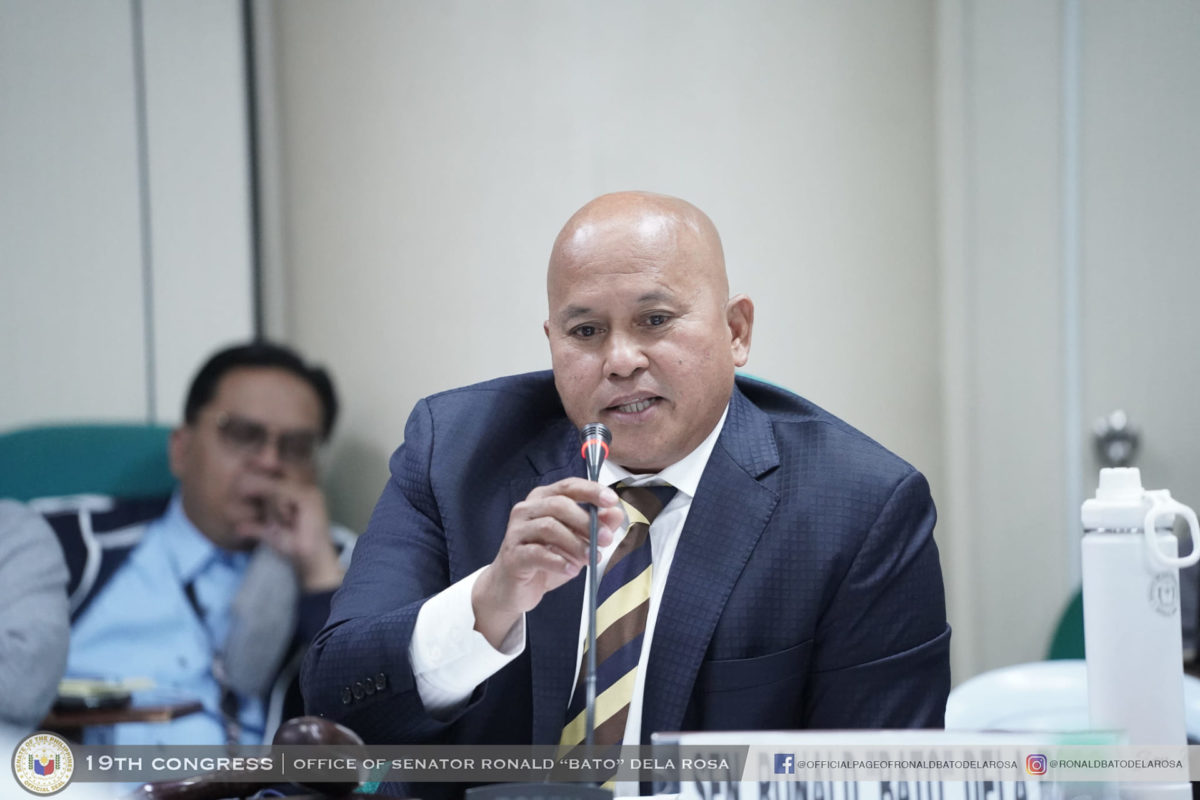Musician-turned-lawyer Jimmy Bondoc has claimed that stealing public funds intended for flood control is a crime against humanity and falls under the jurisdiction of the International Criminal Court in The Hague. This is false.
STATEMENT
In a Facebook post dated Aug. 30, Bondoc said:
“Opinion: ang pagnakaw ng flood control funds ay crime against humanity. Saklaw yan ng ICC.”
(Opinion: Stealing of flood control funds is a crime against humanity. That is under the jurisdiction of the ICC.)
Source: Jimmy Bondoc Facebook page, Opinion: ang pagnakaw ng flood control funds ay crime against humanity…, Aug. 30, 2025
Three days later, he elaborated on his “opinion,” saying in a mix of English and Filipino:
“Is the stealing of flood control funds systematic? Yes, we’ve seen the massive collusion. Does it cause great suffering? Does it torture our people? And finally, is it intentional? You stole the funds even though you know that doing so will flood the country. I would say that that is definitely intentional.”
Source: Jimmy Bondoc Facebook page, Opinion: Crimes Againt Humanity examples…, Sept. 2, 2025
Bondoc was assistant vice president for entertainment at the Philippine Amusement and Gaming Corporation during the Duterte administration.
FACT
Stealing of public funds and corruption do not qualify as crimes against humanity as defined by the Rome Statute which established the ICC.

Section 7 of the treaty defines crimes against humanity as specific acts committed as “part of a widespread or systematic attack directed against any civilian population, with knowledge of the attack.”
These acts include murder, extermination, enslavement, deportation, torture, unlawful imprisonment, various forms of sexual violence, persecution, enforced disappearance, apartheid, and other inhumane acts of similar character which intentionally cause suffering or injury.
The Rome Statute further clarifies that a widespread or systematic attack directed against any civilian population means that it is not a random series of attacks and should be committed in accordance with a State or organizational policy.
Since the Philippines withdrew its membership from the ICC on March 17, 2019, the international tribunal has jurisdiction only over crimes committed in the country when it was still a member. The same rule was applied in the case of former president Rodrigo Duterte, who has been detained since March 12 in The Hague for alleged crimes against humanity in relation to the extrajudicial killings during his administration’s brutal war against illegal drugs.
In a Viber message to VERA Files, international law expert Romel Bagares described Bondoc’s claim as “a political statement for emphasis, rather than one that is legally aligned with the Rome Statute.”
He explained that anomalies on the flood control projects may not fall under ICC’s definition of crimes against humanity and emphasized that the Philippines already has existing laws addressing plunder and graft and corruption.
Bondoc, who ran for senator but lost in the May 12 midterm elections under the PDP-Laban slate endorsed by Duterte, previously claimed that the ICC has no jurisdiction in the Philippines and opposed the prospect of the country rejoining the ICC.







